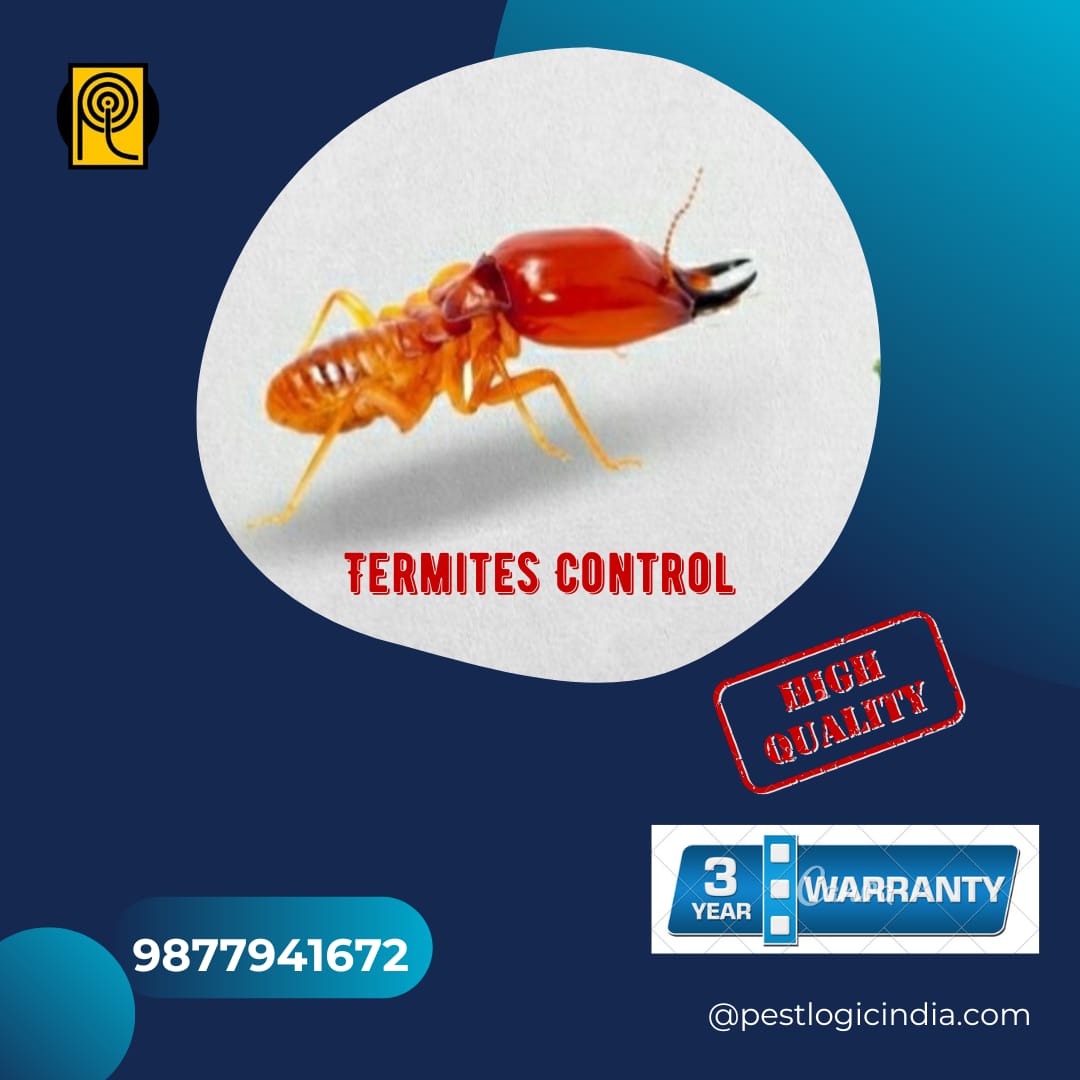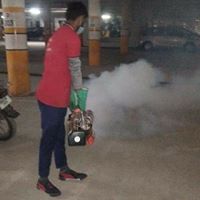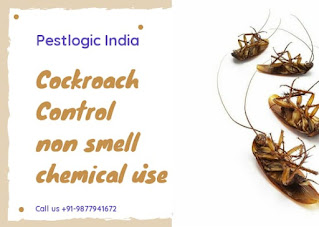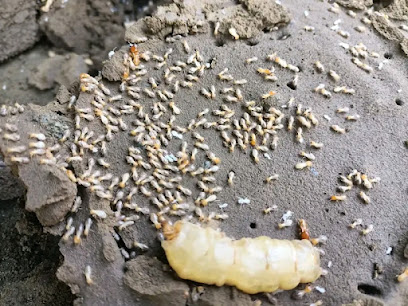Residential pest control
Residential pest control is a service designed to protect homes and living spaces from unwanted pests. The goal is to prevent, manage, and eliminate pests that can pose health risks, damage property, and create general discomfort for residents. Here are key aspects of residential pest control:
Inspection:
- A thorough inspection of the property is conducted to identify the type and extent of the pest problem. This helps in developing an effective treatment plan.
Identification of Pests:
- Different pests may require different approaches for control. Common residential pests include insects like ants, cockroaches, spiders, termites, bed bugs, and rodents like mice and rats.
Customized Treatment Plans:
- Based on the inspection and pest identification, pest control professionals develop customized treatment plans. These plans may include various methods such as chemical treatments, traps, baits, and exclusion measures.
Chemical Treatments:
- Insecticides and pesticides may be applied strategically to targeted areas, both indoors and outdoors, to eliminate or control pests. These chemicals are chosen based on the type of pests present.
Rodent Control:
- Measures are taken to control and eliminate rodent infestations. This may involve the use of traps, baits, and sealing entry points to prevent further access.
Termite Control:
- Termite control is crucial to protect the structural integrity of the home. Treatment methods may include soil treatments, bait systems, or localized applications.
Preventive Measures:
- Pest control services often provide recommendations for preventive measures to reduce the risk of future infestations. This may include sealing entry points, maintaining cleanliness, and addressing conditions that attract pests.
Regular Maintenance:
- Some pest control services offer regular maintenance plans to provide ongoing protection against pests. Regular inspections help in detecting and addressing pest issues before they become major problems.
Safe and Environmentally Friendly Options:
- Many pest control companies offer environmentally friendly and safe options for pest control, considering the well-being of residents, including children and pets.
Education:
- Pest control professionals may educate homeowners on ways to make their homes less attractive to pests, proper waste management, and other practices that can help prevent infestations.
Emergency Services:
- Some pest control services offer emergency response for sudden and severe infestations, providing quick solutions to protect residents and property.
Residential pest control is essential for maintaining a safe and comfortable living environment. It's recommended to work with licensed and reputable pest control professionals who can assess your specific situation and provide effective solutions tailored to your home. Regular inspections and preventive measures are key to long-term pest management in residential areas.









Comments